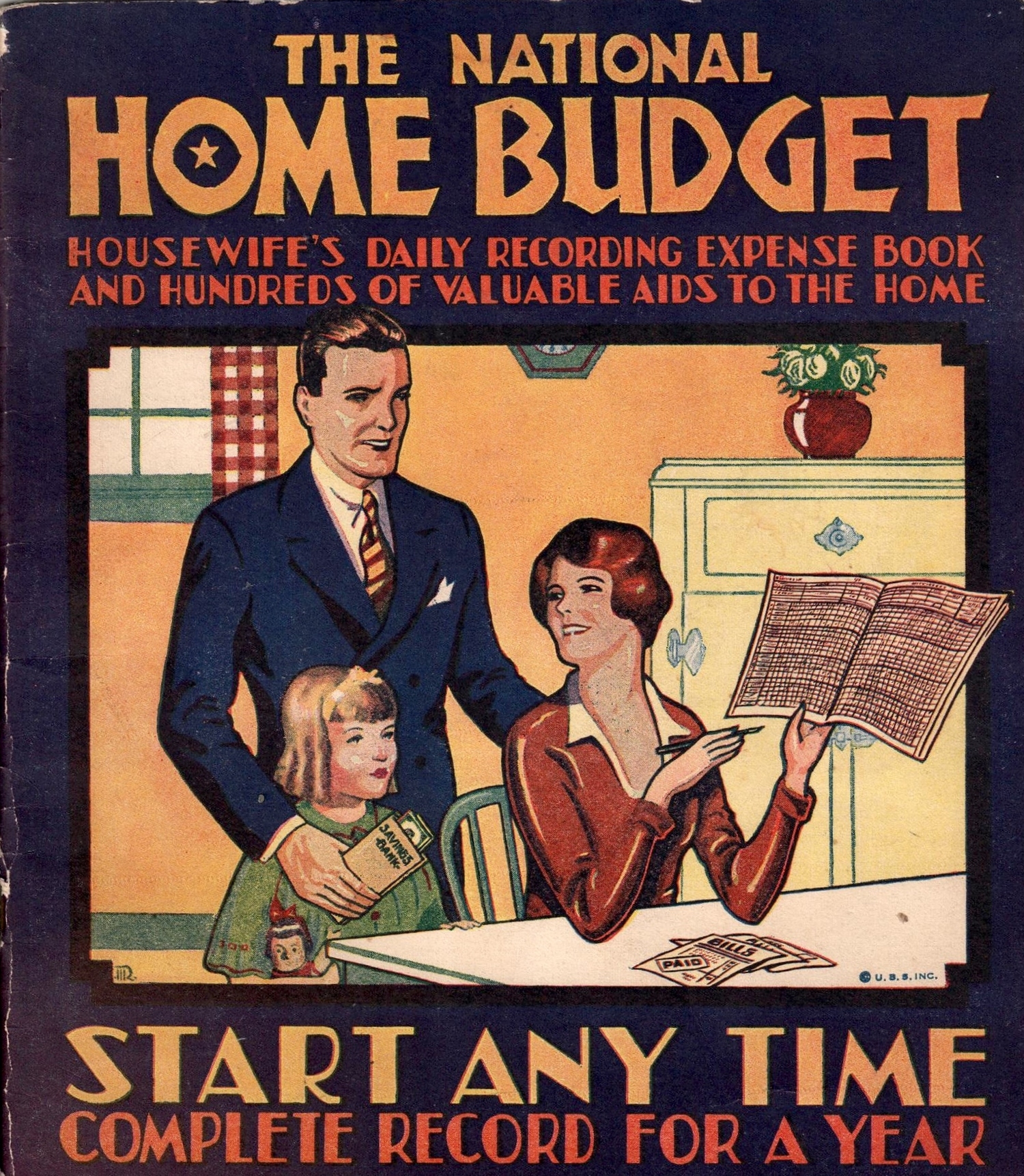Student loans are among the most challenging and discouraging forms of debt. This isn’t simply from a financial perspective of owing someone else money – it’s the psychology of student loans that is so disheartening and uninspiring.
Think about it: having a college degree is basically a required part of your resume for a job, but is no longer a guarantee that your name will be shuffled to the top of the stack. Instead, what you get in return for your college education is often 10 years of growth-stymieing debt payments. In many ways, you essentially put your financial life on hold until the loans are paid.
With a crowded job pool and an average post-graduation loan price tag of $33k, it’s easy to see why recent college grads either elect to postpone their student loan payments by taking graduate courses (and taking on more debt) or (hopefully) beginning a career only to get locked into a minimum payment mode that can lead to a lifetime of debt.
Because of this multi-faceted effect, I like to refer to student loans as the “Gateway Loan.” These loans introduce young professionals to the real world as a place of debt and minimum payments. Unfortunately, this introduction often takes place right around the time these same people are looking to purchase their first car or home, or maybe both. As individuals who have accepted debt as a way of life, it is easy to see how the cycle of building debt is hard to break.
This brings us to an important question: if student loans are a essentially a reality for most college graduates, then how do these grads keep this burden from coercing them accepting a lifetime of debt? It’s not always easy, but it is possible: you have to be proactive about eliminating debt. You have to have a plan.
Here are a few different courses to consider when you set out to learn how to pay off your student loans.
First, let us introduce you to Jake. Jake is the subject of our case study – a bright young man who is about two years removed from college and has recently purchased a car. Here is his debt outlook:

Assuming Jake does not make any more purchases on credit (i.e. a house) and he makes his minimum payments, he’ll have paid off all of his debt in 8 years. But Jake graduated in the top 10% of his class, and decided to really put his money to work once he figured out he could roll his monthly payments over from loan to loan after paying them off, thereby paying off his loans one by one without increasing the amount of money he spends on debt each month.
In this way, he figures that after five years of minimum payments his car loan will be paid and he can then apply the $276.25 per month his car required to Student Loan 1 on top of the Student Loan 1 monthly payment for a total payment of $459.09 per month. At the same time, he continues to make the minimum payment on Student Loan 2. He decides to repeat this strategy when Student Loan 1 is paid off, putting the sum of his monthly payments ($641.93) toward Student Loan 2. Jake does the math and realizes that this rollover strategy will allow him to be debt free in 80 months, a full year and four months sooner than making minimum payments through the life of each of his loans. He will have satisfied his $45,000 in debt as well as paid $6,339 in interest for a grand total of $51,339 paid to debt.
Then Jake takes the approach a step further. He thinks that he eats too much fast food and really likes this rollover idea, so he decides to spend less money on fast food and applies that savings to his debt using the rollover approach. He finds that using the same rollover concept, but with $100 more per month, he will be debt-free in 68 months and save himself a little more than $1,000 in interest.
Now completely motivated, Jake combs through his monthly cash flow and finds an additional $100 that he can apply to student loans. He calculates that this adding this extra $200 per month to his rollover strategy will permit him to be debt free in 59 months and pay a total of only $4,610 in interest. Here are the side-by-side results of his calculations:

Jake concludes that the real bonus of paying his debt off as quickly as possible is not necessarily the money saved on interest, but rather eliminating debt more quickly so he can free up his money for items that propel his financial future forward. Besides, Jake’s fiancée has informed him that neither this nor that are acceptable living arrangements once they are married. He wants to get his debt cleared up so he can save for a large down payment on his future home.
Of course, one size doesn’t fit all when it comes to personal finance. We’ll investigate alternative student payment strategies in our follow up post that looks at the pros and cons of using inflation, investments, savings, and taxes to combat student loans.
Would you like help developing a plan for paying off your student loans? As always, call or send us an email to get started.
Photo by HCC Public Information Office
- U.S. Stocks Make New Highs - December 6, 2024
- Rising Rates Create Headwinds - November 8, 2024
- The Fed Finally Cuts Rates - October 10, 2024



Leave a Reply